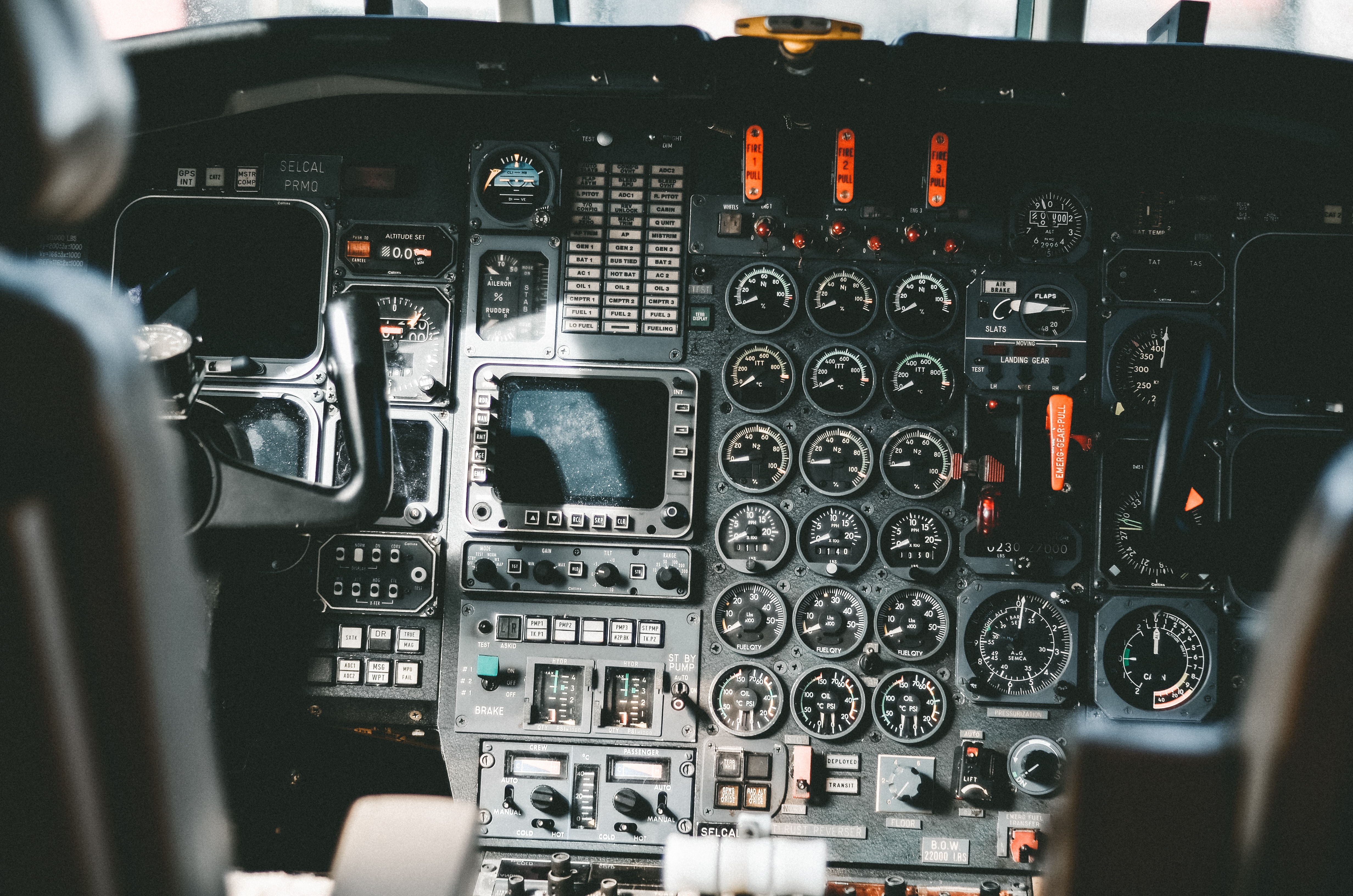Aviation roles: our top interview tips
Aviation is one of the most successful sectors in UK manufacturing. According to a 2018 report, the UK has the third-largest aviation network in the world and the second largest aerospace manufacturing sector. In fact, with a turnover of over £60 billion, the aviation sector supports almost one million UK jobs! So, if you are considering a career in aviation or are searching for your next aviation role, read on to discover our top aviation recruitment interview tips to make sure you land your dream job.
How to get ahead in aviation
The aviation industry is a dynamic and fascinating sector - but it’s also highly competitive. As such, if you want to successfully secure a job in the aviation industry, it’s not enough to have a strong CV - you also need to hone your interview skills too. With a range of jobs and career paths, each role will have a unique interview process. However, if you’ve got an interview coming up, this list of dos, don’ts and tried and tested tips will help you on your way...
Top tip 1 - make sure you’re prepared
Whatever role you are interviewing for, it’s absolutely essential that you do your research. Not only will you need to research the wider aviation industry as a whole so you can show that you are up to date with the latest trends, but you also need to research the company you hope to be working for. From past achievements to future plans, the more you can demonstrate your knowledge and enthusiasm, the better.
Also be sure to do your research on the interviewers themselves. Make sure you know their names and correct job titles, and if your interview is face-to-face, make sure you know where you’re going and plan your route in advance.
Top tip 2 - think about what you might be asked
Depending on the aviation role you are applying for and who you will be working for, you will be asked a number of different questions. However, there are some common interview questions that you can practice ahead of your interview to make sure you are as prepared as possible. These could include questions such as, “Why do you want to work for this company?”, “What are your goals for the future?” and the old favourite, “Where do you see yourself in 10 years' time?”.
All of these questions give you the opportunity to highlight your skills and experience, show how much research you have done and also showcase your industry knowledge - and by preparing answers ahead of the interview, you can come across as confident and also make sure you don’t miss out any key points that you need to get across.
Top tip 3 - show off your skills
Once you’ve shown your interviewer that you are eager, motivated and that you really want to work for them, you need to prove that you have the right skills to perform well in the workplace. Aviation jobs are really competitive, so make sure you highlight your skills, strengths and qualifications and back up each point with real life evidence.
If you’re new to the aviation industry, try and think of any transferable skills from your previous roles that could be relevant, such as problem-solving skills, time management skills and the ability to work as part of a team. These are all important skills for the aviation industry so are definitely worth mentioning!
Top tip 4 - make a good impression
Whether your aviation interview is taking place in person, over the phone or via video call, you need to make a good first impression. Dress the part (yes, even if your interview is a video call!), be sure you turn up on time and make sure to turn your phone off to limit any distractions.
Of course, it’s perfectly normal to be nervous, but take a deep breath and try to maintain a calm demeanour. In a similar vein, you should also make sure you don’t talk too fast, ramble, or fidget; try to come across as confident, engaged and interested - which leads us on to our next point...
Top tip 5 - ask them questions too!
At the end of the interview, it’s standard practice that your interviewer will ask you if you have any questions of your own, so make sure you have some prepared. This could be anything from the opportunities for progression, the levels of responsibility you can expect, or even the type of people you can expect to be working with.
The more you engage with the interviewer the better, so even if you don’t necessarily need to know the details, it’s worth asking some questions to show that you’re keen - and it also gives you a chance to show off all the research you’ve done, too!
Bonus tip - always ask for feedback
Last but not least, even if you are unsuccessful and don’t get the job, you should always ask for feedback. No one likes criticism, but constructive criticism can actually be really helpful if you are going to improve your interview skills in the future so you can make sure you nail your next attempt.
Aviation roles at M&E Global
M&E is a key supplier to international defence organisations of all levels, and we have a wealth of experience in the aviation recruitment sector. As such, we are always on the lookout for certified contract workers for a range of aviation jobs, such as:
- Aircraft technicians, mechanics and engineers
- Avionics experts
- Hydraulic technicians
- Welders
- Sheet metal technicians
- Shipping/receiving clerks
- Warehouse and logistics specialists
- And more
So, if you are searching for a role in aviation, make sure you contact our team today to find out how our dedicated aviation recruitment team can help. Alternatively, don’t miss this guide that is packed full of aviation interview advice.

